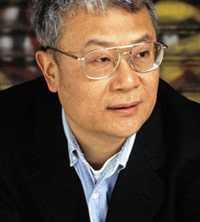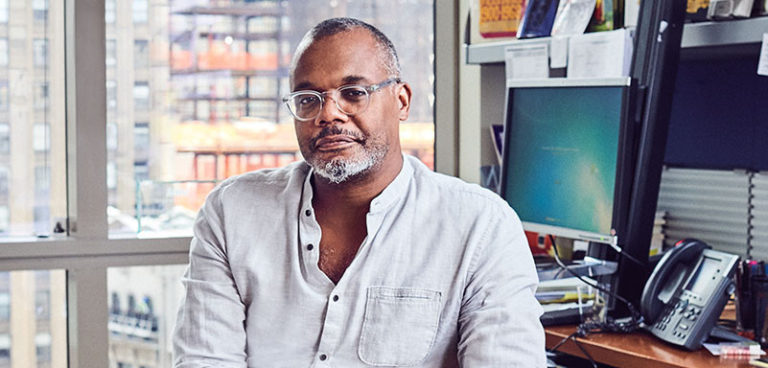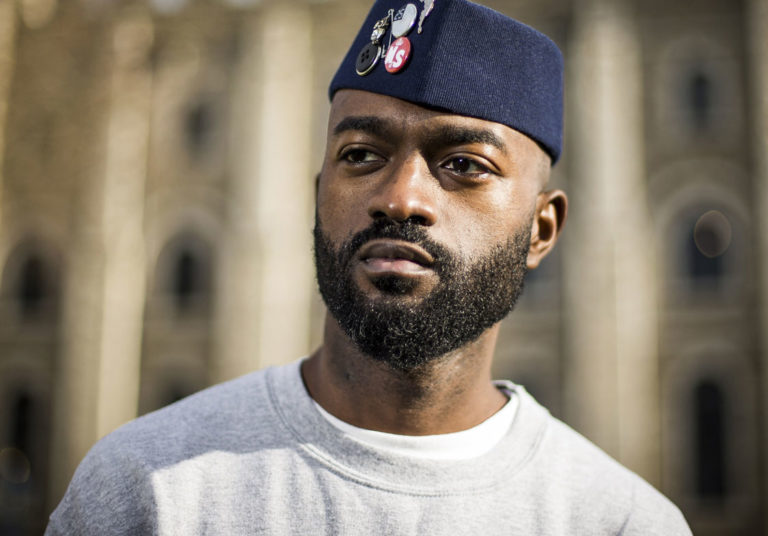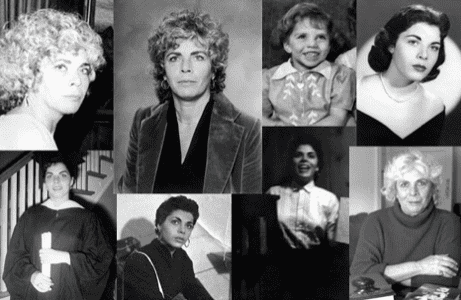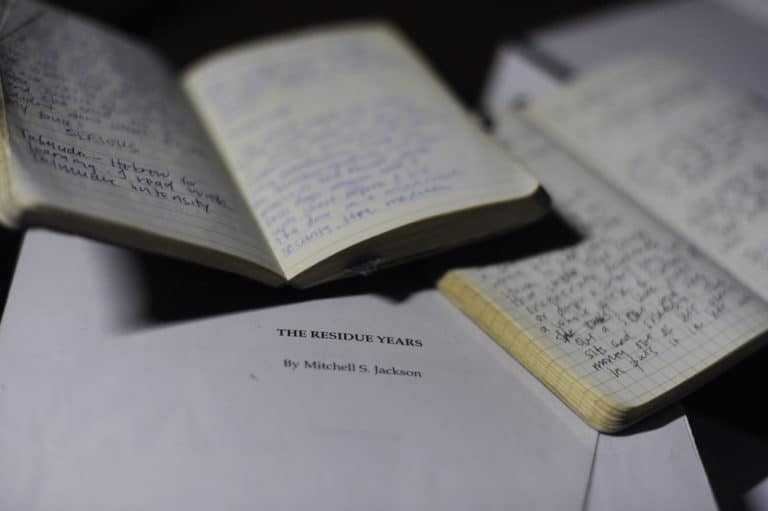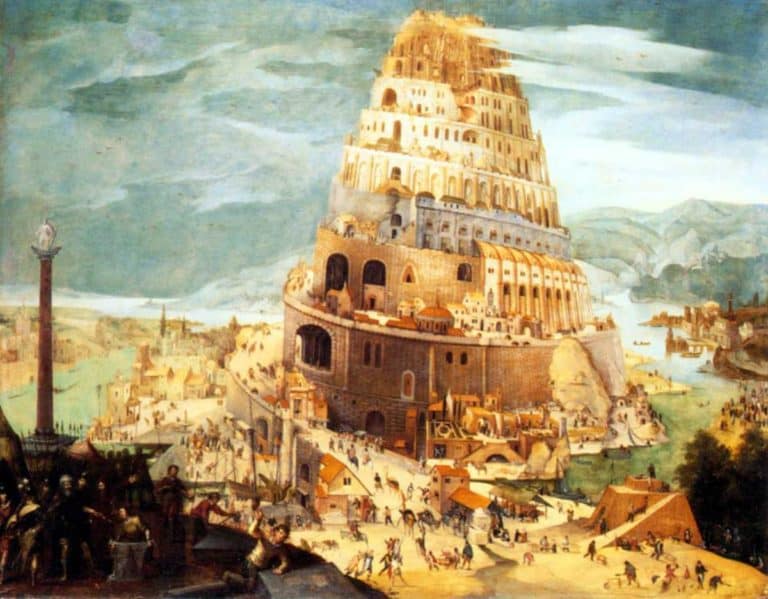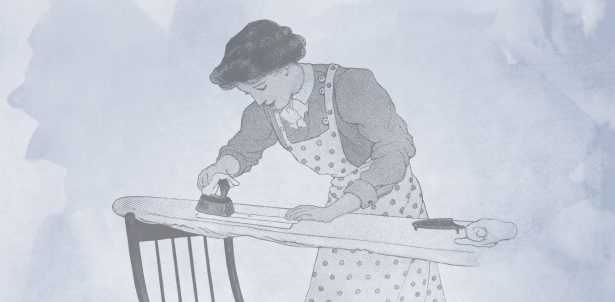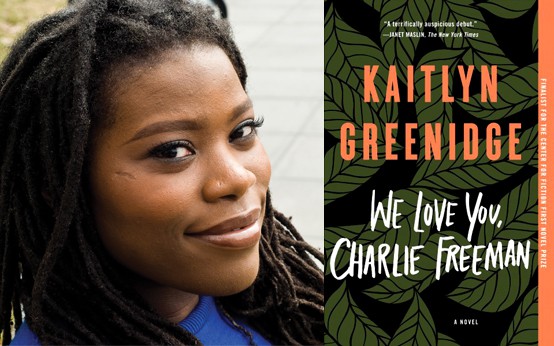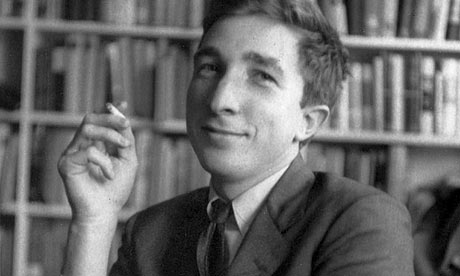When we think about evil, it is dangerous to feel complacent. Evil is something like a cosmic power that permeates the world and exits within ourselves as well. Its complexity can be mind-boggling. If we push our reasoning about evil too far, we might get paralyzed mentally, unable to make decisions and take actions. One fact alone might shake our conviction in fighting terrorism: We tend to alienate the other from humanity in order to protect ourselves.
When I was researching my novel Nanjing Requiem, I watched some documentaries. In one of the films, an old Japanese veteran told an interviewer that he was baffled by the violent acts committed by his fellow comrades in China. “Those men used to be good husbands and brothers back home,” he said, “but why did they suddenly act with so much ferocity?” That has also been a question I have been wrestling with, not only in the Japanese context but also in many of the stories I have written. I believe we all have some evil within us, but normally we can manage to restrain it from manifesting itself. But when people act collectively, for instance, in the name of a country or God, we tend to set loose the evil and act it out, because we have others to share the guilt and responsibility, which under such circumstances can be divided into small, forgettable pieces. Therefore, human beings ought to accept solitude as a condition of humanity so that we can hold ourselves fully responsible for whatever we do. We must never follow the crowd.
Another attitude is also necessary. We know that evil can perpetuate itself. Sometimes we commit a damaging act because others have hurt us. As a result, the power of evil proceeds to possess one person after another and will eventually prevail. To counter this, we must adopt the mentality that evil acts stop at ourselves. Czeslaw Milosz wrote a great line about this attitude: “Whatever evil I suffered, I forgot.” There is no higher achievement in life than the ability to forget others’ evil against us.
